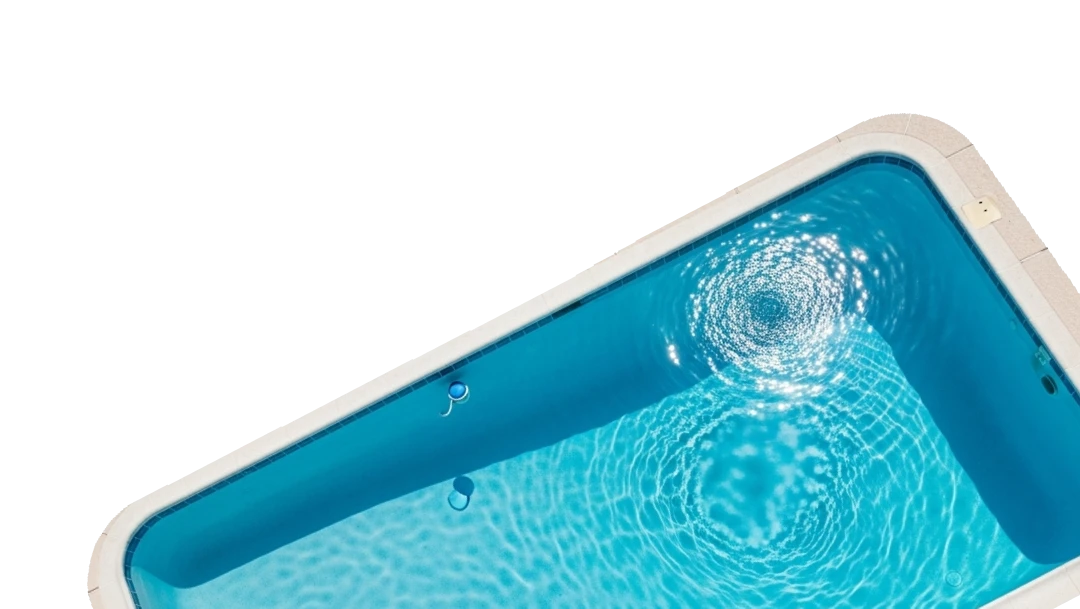How to Detect Pool Leaks: Mastering the Bucket Test and More

Swimming pools are a source of joy, relaxation, and fun, but a pool leak can quickly turn that enjoyment into frustration. If you suspect your pool is losing water, this article will guide you through how to test for pool leaks using simple methods like the bucket test and professional leak detection services. Whether you're a DIY enthusiast or looking for expert help, Optimal Pool Leak Detection in Arizona is here to assist with industry-leading tools like Leaktronics equipment. Read on to discover how to keep your pool in top condition and avoid costly repairs.
What Causes Pool Leaks?
Pool leaks can occur for various reasons, ranging from wear and tear to external damage. Common causes include:
- Structural Issues: Cracks in concrete pools or tears in vinyl liners can lead to water loss.
- Plumbing Problems: Leaks in the plumbing system, such as return lines or skimmers, are frequent culprits.
- Equipment Failures: Faulty pool pumps or filters can cause leaks around the pool equipment area.
Understanding these causes helps you identify potential issues early and take action to prevent further damage.
How Can You Tell If Your Pool Is Leaking?
If your pool is losing water faster than usual, it may be leaking. Look out for these signs:
- Unexplained drops in water level.
- Wet spots or puddles around the pool area.
- Increased chemical usage due to water loss.
- Air bubbles in the pool pump or plumbing system.
If you suspect a leak, performing tests like the bucket test can confirm whether your pool is losing water abnormally.

What Is the Bucket Test for Pool Leaks?
The bucket test is a simple yet effective method for detecting leaks in your swimming pool. It helps compare the rate of evaporation with potential water loss due to a leak. This test is ideal for DIY enthusiasts who want a quick way to determine if their pool is leaking.
Step-by-Step Guide: Performing the Bucket Test
Follow these steps to perform the bucket test:
- Place the Bucket: Take an empty bucket and fill it with water from your pool until it matches the pool water level.
- Mark the Water Level: Use a marker or tape to indicate the water level inside and outside the bucket.
- Monitor Water Levels: Leave the bucket on the second step of your pool for 24 hours.
- Compare Results: After 24 hours, compare the water level inside the bucket with the pool level. If the pool level is now lower than expected compared to evaporation, it indicates a leak.
This simple bucket test can help pinpoint whether you have a problem that requires further investigation.
How to Use Dye Tests to Find Pool Leaks
Dye tests are another effective method for detecting leaks. Here’s how they work:
- Add a few drops of leak detection dye near areas where you suspect a leak (e.g., skimmers, drains, or cracks).
- Observe how the dye moves—if it gets pulled into a crack or hole, you’ve found your leak’s location.
While dye tests are helpful for small leaks, larger issues may require professional pressure testing.

Common Areas Where Pool Leaks Occur
Leaks can happen anywhere in your pool system, but some areas are more prone than others:
- Around skimmers and drains where fittings meet concrete walls.
- Cracks in concrete pools or tears in vinyl liners.
- Plumbing lines under or around your pool.
Identifying these areas early can save time and money on repairs.
Vinyl Liner Pools vs. Concrete Pools: Leak Risks
Different types of pools have unique vulnerabilities:
- Vinyl Liner Pools: These pools are prone to tears and punctures that result in leaks.
- Concrete Pools: Cracks caused by settling or aging can lead to significant water loss.
Understanding these risks helps you take preventive measures tailored to your specific pool type.
When Should You Call a Professional for Leak Detection?
DIY methods like bucket tests and dye tests are great starting points, but some situations require professional intervention:
- Persistent water loss despite testing.
- Difficulty locating leaks using DIY methods.
- Suspected plumbing issues that need pressure testing.
Optimal Pool Leak Detection specializes in finding even hard-to-detect leaks using advanced tools like Leaktronics equipment.
How Optimal Pool Leak Detection Can Help You
Optimal Pool Leak Detection provides comprehensive services for detecting and repairing leaks in Arizona pools. Here's why you should choose us:
- We use industry-leading Leaktronics equipment for accurate results.
- Our specialists perform pressure tests and other advanced diagnostics.
- We repair leaks efficiently, ensuring minimal disruption to your pool use.
Contact us today if you suspect a leak—we'll help keep your swimming pool in perfect condition!
Tips for Preventing Pool Leaks in the Future
Preventative maintenance is key to avoiding costly repairs. Follow these tips:
- Regularly inspect areas around your pool for signs of wear and tear.
- Maintain proper chemical balance to prevent corrosion or liner damage.
- Schedule annual inspections with professionals like Optimal Pool Leak Detection.
Taking these steps ensures your pool remains leak-free all year round!
Key Takeaways
Here’s what you need to remember about detecting and repairing swimming pool leaks:
- Perform simple tests like the bucket test or dye tests if you suspect water loss.
- Common causes of leaks include structural issues, plumbing problems, and equipment failures.
- Vinyl liner pools are prone to tears; concrete pools may develop cracks over time.
- For persistent issues, call professionals like Optimal Pool Leak Detection—our advanced tools ensure accurate results.
- Preventative maintenance helps keep your swimming pool leak-free.
Detecting leaks early saves time, money, and frustration—contact Optimal Pool Leak Detection today!
Other ARTICLES

.webp)
.webp)
Pool Leak Solutions For You
Protect Your Pool Investment.
Claim Your Free Quote Now!






